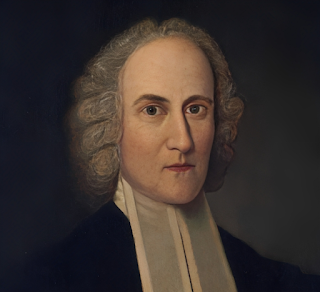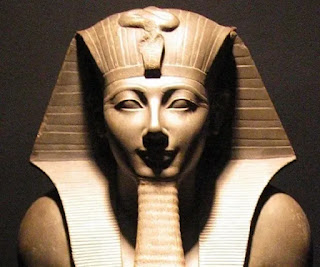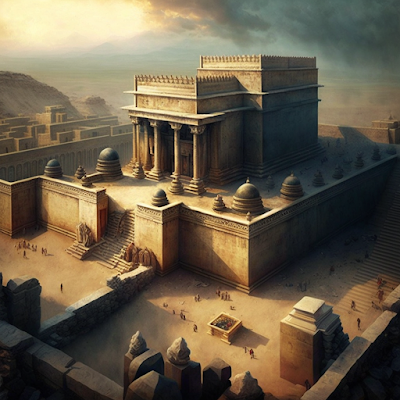Napoleon

Napoleon Bonaparte is one of the most iconic and controversial figures in modern history. He was a military genius, a statesman, and a leader who transformed France and Europe during his reign. Born in 1769 on the island of Corsica, Napoleon rose to prominence during the French Revolution and became the Emperor of France in 1804. He is widely regarded as one of the greatest military commanders in history, and his legacy continues to influence politics and society today.Napoleon's military career began in 1785, when he enrolled in the French military academy. He showed remarkable talent and ambition, quickly rising through the ranks and becoming a general at the age of 24. During the French Revolution, Napoleon led several successful campaigns that secured his reputation as a military genius. He conquered Italy, Egypt, and other territories, and became the most famous military commander of his time. In 1799, Napoleon staged a coup and became the First Consul of France, effectively t...



